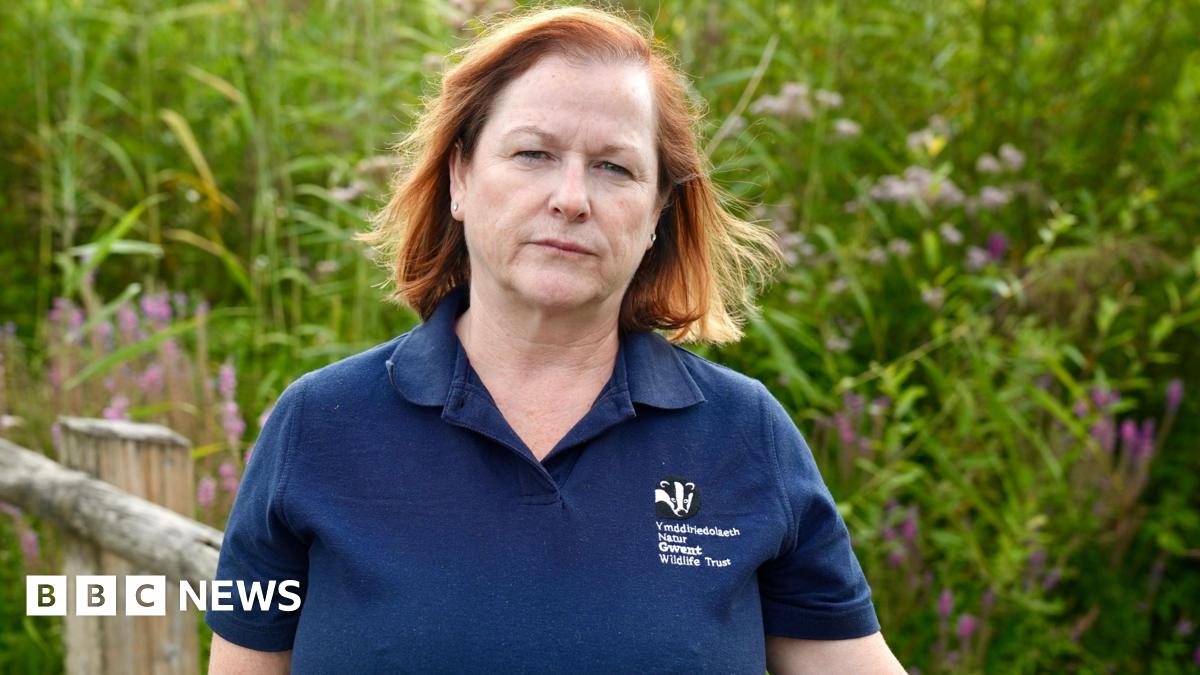But while conservationists are concerned, those in favour say solar energy could reduce bills, provide jobs, improve energy security and tackle climate change.
The UK government estimates the solar sector could support 35,000 jobs by 2030, and the Welsh government aims to generate 70% of its electricity from renewables by the same year.
Dan McCallum runs Awel Aman Tawe, in the Amman Valley, Carmarthenshire, which sets up solar farms.
His perspective: “The bigger the better.”
“If we could develop a massive solar farm here we would, but there’s simply not the land,” he said.
“The public debate has got to catch up and recognise it’s a global industry, and we need to move on.
“With a bigger solar farm, it’s more efficient, the costs come down – it’s much cheaper to make a larger solar farm than a smaller solar farm.”
He said farms being located on protected land needed to be “weighed up” by the planning system.
“I think climate change is having a much bigger impact on biodiversity, and I think organisations like the wildlife trust need to recognise that,” he added.
A UK government spokesperson said the biggest long-term threat to nature was the climate crisis.
“Delivering more solar goes hand-in-hand with our work to reverse the decline of nature, after years of neglect – having been found to treble bird numbers and increase bumblebee populations.
“Families in Wales have seen their energy bills go through the roof due to our exposure to fossil fuels and delivering clean power, like solar, is how we help get bills down for good and make Britain more energy secure.”
The Welsh government said: “There are currently a number of solar farm applications for the Gwent Levels that are being determined as Developments of National Significance.
“It would therefore be inappropriate to comment further on specific proposals due to the Welsh ministers’ role in the decision-making process.”
